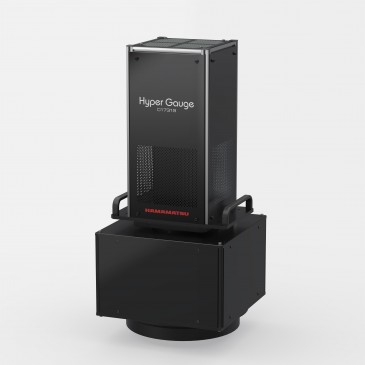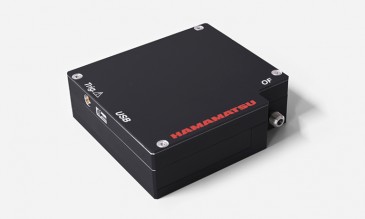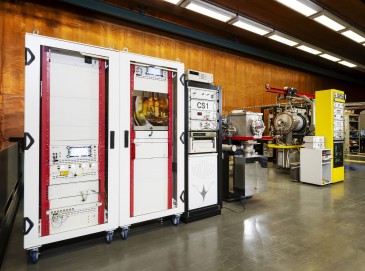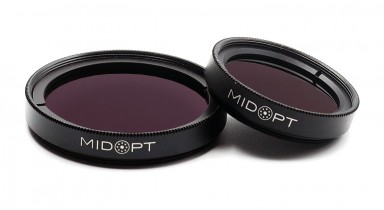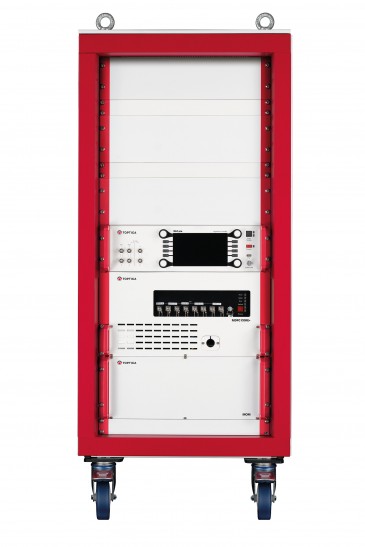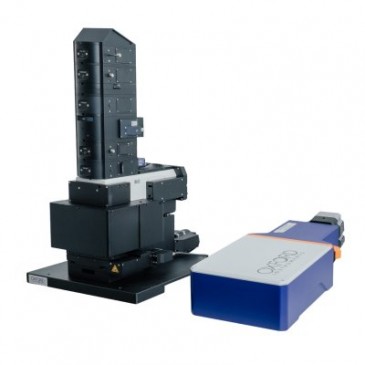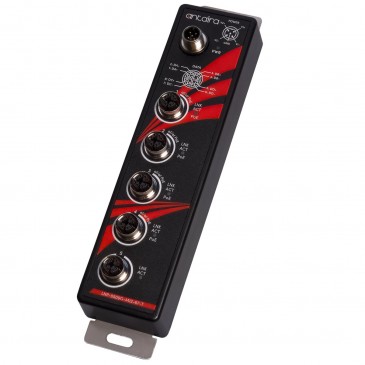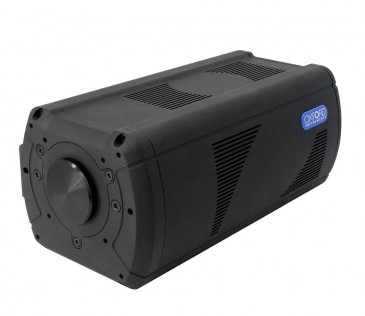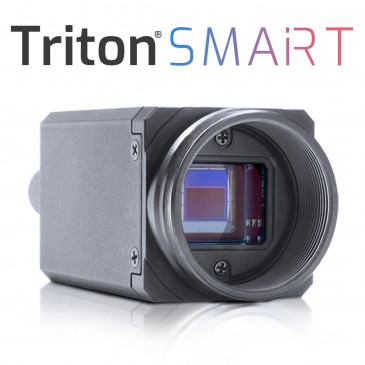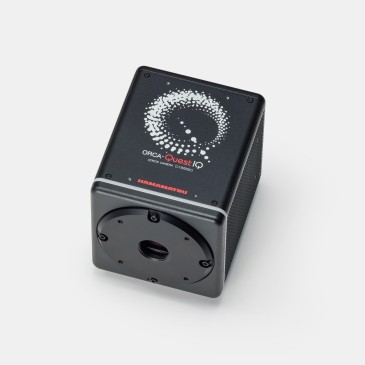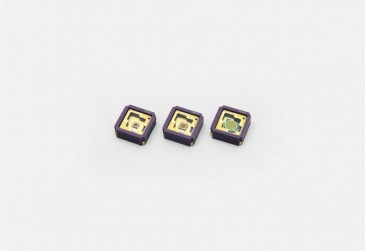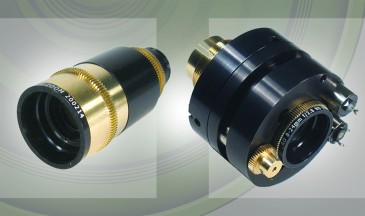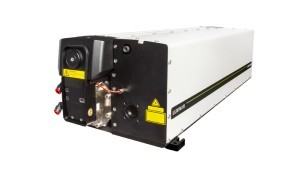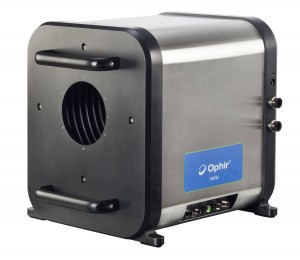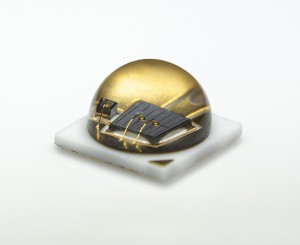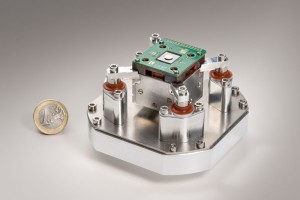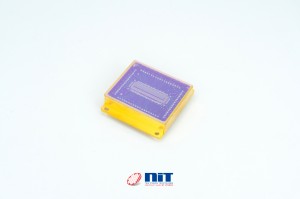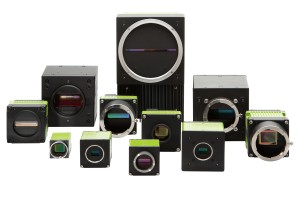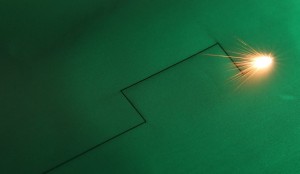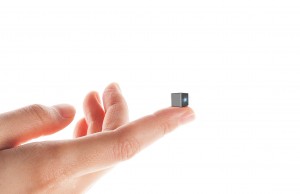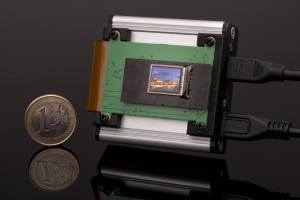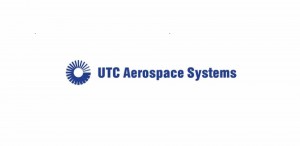
UTC Aerospace Systems, a unit of United Technologies Corp., has entered into a memorandum of agreement with Ophir Corporation to develop and commercialize Ophir's laser air data system. The companies will collaborate in technology and product development for entry into commercial service in as few as five years.
Unlike current pitot probe air data sensors, which monitor air pneumatically using pressurized air or gas, this new system will use Light Detection and Ranging (LIDAR) sensing techniques to measure various air data parameters. Laser air data systems are not susceptible to icing and aerodynamic drag, and as a result they free up power to be used elsewhere on the aircraft. Laser air data systems will operate reliably in virtually all environments and operate down to zero velocity and at all angles of attack and sideslip, thus expanding information available to the flight control system. One day, experts anticipate laser air data systems may even be able to look ahead of the aircraft to better navigate turbulence, thereby enhancing passenger safety and comfort.
The laser air data system technology developed by Ophir is unique in that it is capable of measuring the full range of air data parameters (temperature, velocity, angle of attack, angle of side slip and altitude) in a manner that is fully dissimilar to traditional air data systems. The companies anticipate that laser air data systems will be used in concert with UTC Aerospace Systems' field-proven air data sensors as part of a more intelligent air data architecture, complementing and strengthening an aircraft's overall air data collection ability and thus improving flight safety, aircraft efficiency and autonomous control.
Ophir has flight-tested prototypes and has demonstrated the performance potential of the technology. UTC Aerospace Systems and Ophir are collaborating in the design of a new prototype to improve performance, robustness and packaging for future flight-testing with customers.






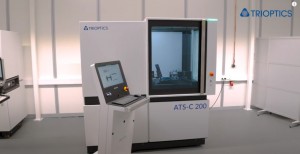





















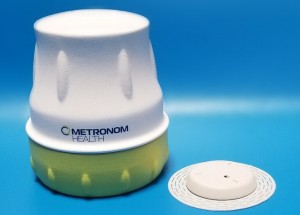



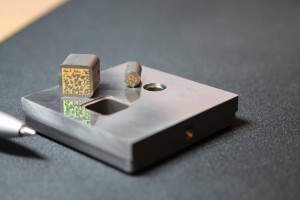
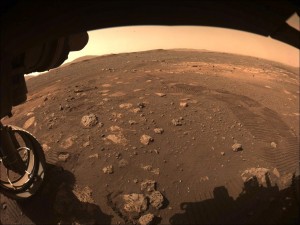
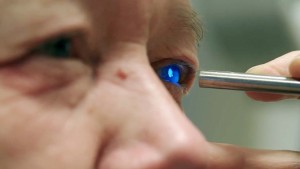

 Back to News
Back to News